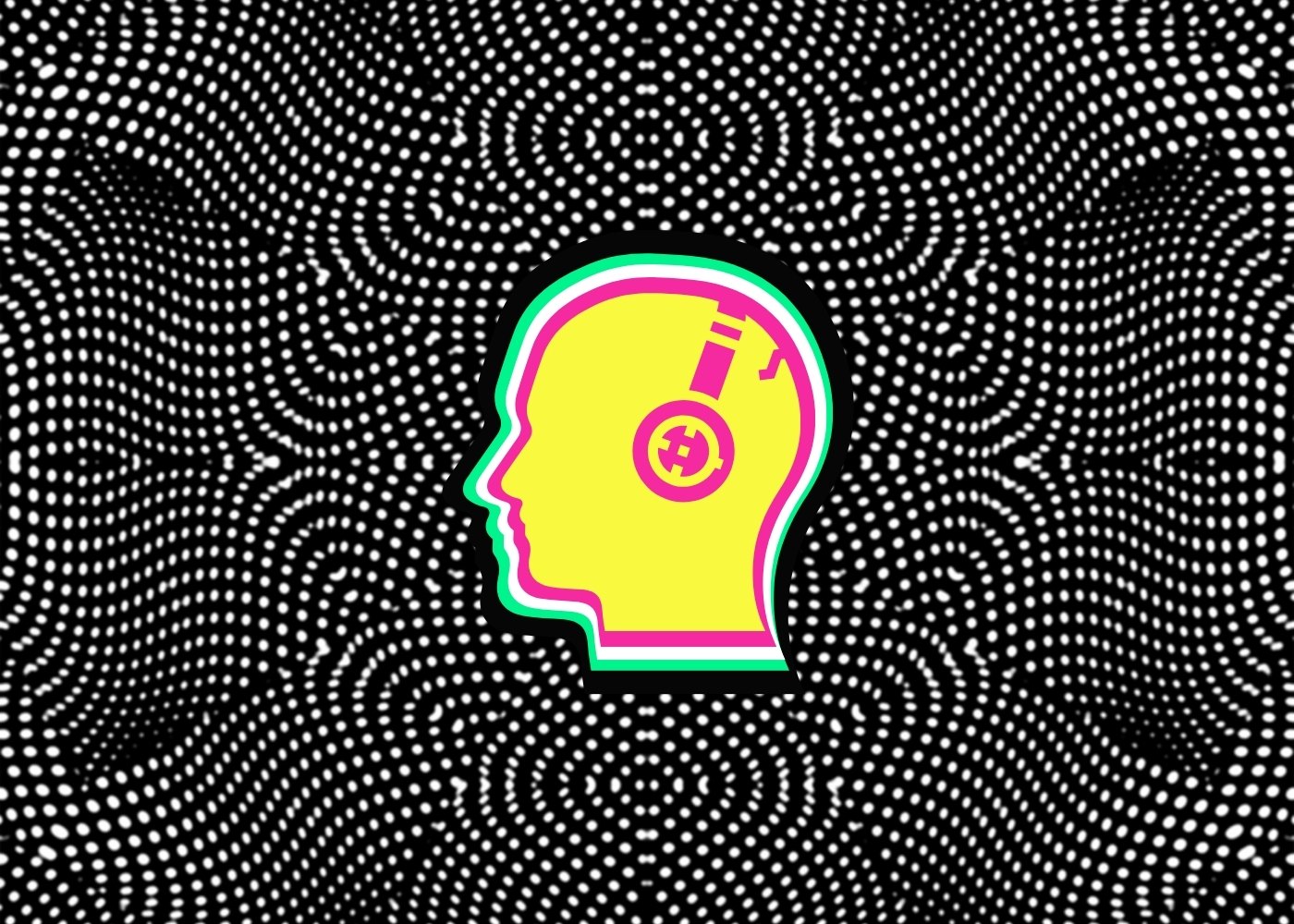What makes you listen to a song when you’re feeling a certain kind of mood. Does playing or listening to it make you feel great? What’s exactly happening and how does it differ from person to person? An emerging avenue in the field of music, Music Psychology has the answer to all your questions. Join us in this chat with Shilpa Janardanan
and know everything that you wanted to know about this space. Read to find out.
What is your definition of Music Psychology?
Psychology in itself is the study of behaviour, experiences, thoughts, perception etc.
Music Psychology is the effect of music on psychological processes, meaning thereby, how listening to music, playing or composing music, improvising affects our behaviour, experiences, perceptions and how our experiences affect our choices of music or the music that we choose to create. There’s an effect on either side. It can thus be seen as a study that is about a highly dynamic relationship between the two subjects.
Could you share a few instances of everyday activities that involve Music Psychology?
We all are familiar with gyms. Despite your preference of music, you would listen to upbeat music, as that is what you’re physically feeling too-your heart is pumping and you’re feeling the strain. There are a few people who’d even listen to podcasts while going to gym. You might be wondering why would someone listen to podcasts?
Although it’s a little away from music psychology, the answer is that they want to attain distraction. They don’t want to think about the strain that they are going through. Rather they want to think about podcasts and distract the brain. Even while listening to music, we may not want to listen to every single beat, every single word, melody etc. Likewise with travelling, we use music while commuting, because probably you would want to ignore the traffic.
There’s a purpose in both, music and its types of music. In our everyday life, we choose how to and how much to engage with music. It’s so ingrained into our lives, that we barely think about it in the most objective way.
What are some of the core prospects, avenues and applications associated with Music Psychology?
One of the main prospects in music psychology is doing more research, simply because it is the most important part that affects all the other avenues in music psychology that we have.
Therapy
Therapy is one of the main points. How can we use music for the different types of therapies? Couple of these avenues exist mainly for children with disorders. We can use music to help those kids overcome their traumas to be able to adjust to society. Stroke patients, people who have had brain injuries or disorders, can use such therapies to help increase their brain activity, to make their lives easier.
It also need not be extreme in nature, it could also be used as a part of general therapy while treating anxiety or depression. Especially with depression, where one’s brain activity starts to reduce, music can help increase and enhance the brain activity. Therapy is certainly one of the avenues to look at.
Education
Education as an avenue involves music education. Learning music, whether it is singing, playing an instrument, creating sounds or music yourself, you are trying to engage the different parts of your brain. Learning music as a child and being proficient enough in it is definitely useful in terms of activating your brain, increasing your cognition and memory.
It also includes teaching subjects through music, for example, language. It has been researched and proven that music can significantly help one’s language learning, when music is part of the learning environment. It’s not just learning words, you’re learning words through sounds, tones, rhythms. All of this helps your brain store more information.
Audience Engagement
It’s about how we as an audience can engage with the artist, how they can change the environment, how they can make their performances more interesting, how we perceive the artist and vice versa. As we all go for concerts, gigs and shows, the study becomes a part of the society.
It’s completely different when you listen to something on your earphones, vis-à-vis listening to the same thing in a live concert. The differences are obvious. All of this falls under music psychology.
Having obtained a master’s in Music Psychology from University of Leeds, UK, and being based in India, what are some of your observations of this profession in both the countries?
Well, what I have known from my personal experiences is that there’s prejudice everywhere you go. This space has been prejudiced too. Even in the UK, people are quite prejudiced about psychology in general. While in the more academic sense, I have seen teachers more open to it, they are not dismissive about it. As there have been initiatives in the UK to have more music in schools, people started following it. However as it was a voluntary activity, not all of the education system utilized it, but well, they have such initiatives there.
While psychologists all over the world are trying to overcome the prejudice associated with their professions, as people are adverse to therapy and education, it’s already been difficult to include music in academic curriculum. It is definitely something that I would love to see get implemented in India. People are trying to implement it in some form or the other, but the scope of music psychology is very low, be it cities like Delhi and Mumbai. If there’s anything that’s happening already, it’s very minimal, probably not even official. It is still in its initial stage.
Considering the fundamentals of Music Psychology, what is something that you’d want a layman to know about this profession? Or for anyone who’s knowing it for the first time? How can they engage or be a part of this field?
Instead of looking at it as a cure to a problem, which is something that a lot of people look at, it’s rather a part of who they are, right from the way they perceive things to the way they behave.
In terms of what is available, a layman can use the results of a research, what is relevant for them and better their own lives. Finding out what are some of the movies that one can/should watch, as to how one can make their experiences during a live concert better, for example, being seated and watching a show versus standing and dancing has a difference.
A quite common concern is that because these researches are more academic and official, young people don’t get engaged and intrigued by it, as they want quick information, that’s easy to know and without much complications. Well in that sense, instead of music psychologists always looking at trends, analysis, research and stats, they can create something that’s a bit more accessible to young people, something that psychologists can definitely do.
Anyone who listens to music, be it of any genre or style, has a state of mind, experience and a perspective of their own. People also differ in their exposure to active listening and prior training in music. In such a case, how does the brain reciprocate differently for different people? What makes the same music different for different people?
There are a few different facets to it. One is of course the experience. For someone who’s been learning an instrument or singing since their very childhood, they’re not just attuned to listen to music, but also perceive it, have a perspective that other people may not have. As our brains are used to perceiving music differently, which makes one identify whether what they heard was a major chord or a minor chord, a layman might just feel great about a song, and well they may not understand it because they are not thinking so deeply.
Recognizing musicality, pitch and rhythm is easier for musicians because they are trained in it day in and day out, which is quite obvious, which might help you understand something quickly which may not happen with others. While that is also true, another fact that we should also look at, something that psychologists have been indulged in, is the importance of nature versus nurture. How much of something is inherent, which means is it genetically easy for me to learn to recognize it (music), or to recognize its aspects and the nuances which others might not be able to.
Is genetics a part of it, if so, how much so? Have the generations of my family been exposed to it? Does that help me engage with it differently? How much were/are our parents exposed to it? To what extent can we inherently understand music. It’s all about getting engaged with it as a child or being aware enough to increase our exposure to it. Even a prior introduction to music, at least if not extensively trained, helps you have an understanding about it, have a perspective and be able to comment on the nuances.
We’d also be able to address the concepts around genres. Will a certain parameter get altered with a change in genre? Things like these are a part of people’s experiences, depending on whether the person is a trained musician, music lover, enthusiast or a layman. An enthusiast and a layman too would have differences in their judgements.
A enthusiasts’ way of thinking would be around the lines of responding to the segments, portions, feel factor etc. while a layman may not be thinking about this. They might enjoy and feel the song in totality. One can also argue that even a layman is benefitting from music, as even their brains are getting stimulated.
On the whole, how we engage with a song is dependent on so many factors-our experiences, our families, our personalities, how trained we are. All of this will affect the way we perceive music. Research is the key to all answers.

*The above article has been contributed by Shilpa Janardanan.
An expert in this subject, Shilpa is a graduate from the University of Leeds, UK with a Master of Arts degree in Applied Psychology of Music and a graduate from the University of Lincoln, UK with a Bachelor of Science (hons) degree in Psychology.
If you’d like to know more about the unique and versatile forms and flavours of music,
Log on to www.beatcurry.com, follow, subscribe and never miss another update from us.







